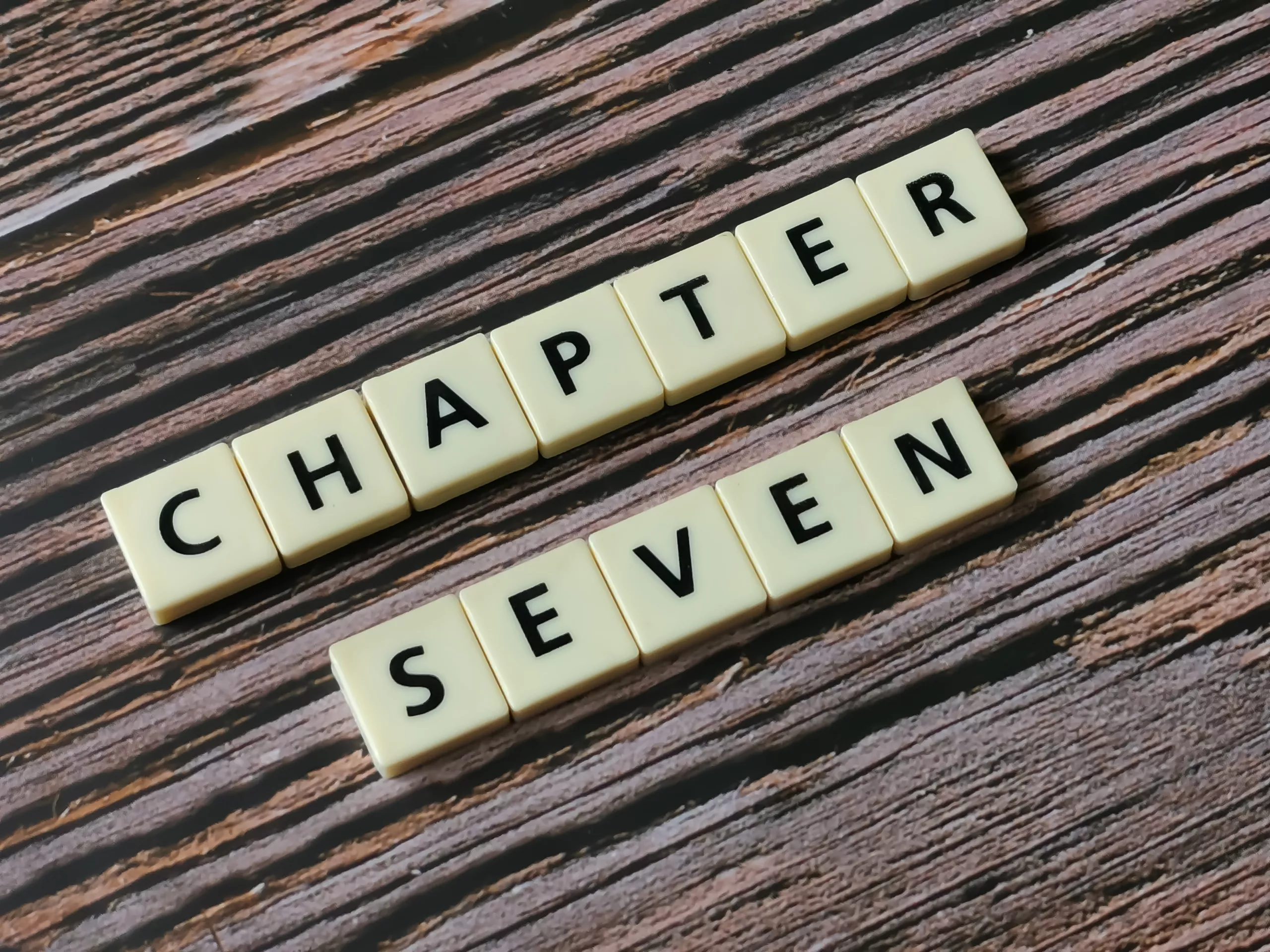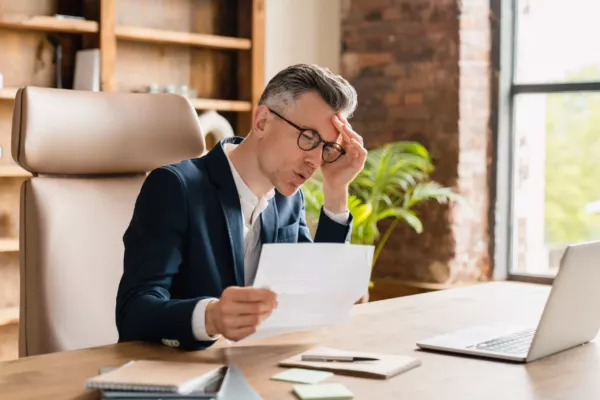When declaring personal bankruptcy, one of the filer’s main considerations is his or her willingness to give up certain properties and assets. Although retaining a property such as a home, car, or certain investments would depend on the type of bankruptcy filed whether it was under a secured or unsecured debt, this post gives you an overview of what to expect in terms of your legacies at the end of the bankruptcy process.
Your Home: Foreclosure or Retention?
Whether or not you can keep your personal residence would depend on your record of payments to your creditors and which petition you are filing before a bankruptcy judge. Before deciding on whether to keep or let go of your assets, make sure to schedule a consultation with a bankruptcy lawyer prior to applying for bankruptcy. Bankruptcy attorneys are well-versed with the state law and bankruptcy exemptions and will be able to show you all possible options for your case.
In a Chapter 7 bankruptcy proceeding, filers whose mortgage payments are current by the time they file for bankruptcy have a higher likelihood of retaining their house and are able to stay current on their home mortgage payments
On the other hand, debtors who declare Chapter 7 bankruptcy with unpaid mortgage fees may expect to have their property foreclosed by the loaning company. A debtor who is past due on loan payments is better off pursuing other types of bankruptcy such as Chapter 13 to avoid the risk of losing the home. Filing for bankruptcy (Chapter 13) provides a way for you to catch up on the late property and tax payments and spread it over a period of three to five years without having to pay for interest.
Your Car: Keep it or Sell it?
 What happens to your vehicle after filing bankruptcy is a matter of your own choosing. If you wish to keep it, you will have to commit to paying the balance to your creditor. If you filed a bankruptcy Chapter 7, you may redeem it by paying the lender a lump sum to cover the property’s value, or you can reaffirm your debt which means that you will continue your monthly payments based on a new agreement with the creditor. However, if you choose this option, avoid defaulting on your payments as lenders can initiate car repossessions under such instances.
What happens to your vehicle after filing bankruptcy is a matter of your own choosing. If you wish to keep it, you will have to commit to paying the balance to your creditor. If you filed a bankruptcy Chapter 7, you may redeem it by paying the lender a lump sum to cover the property’s value, or you can reaffirm your debt which means that you will continue your monthly payments based on a new agreement with the creditor. However, if you choose this option, avoid defaulting on your payments as lenders can initiate car repossessions under such instances.
On the other hand, Chapter 7 borrowers who feel burdened by the cost of owning a car may opt to give it up. In a bankruptcy petition, you will not be liable to pay your debts anymore. Regardless of the decision, you will need to include a statement of your intention during your bankruptcy case. This is sometimes referred to as a promissory note because you and your attorney will draft your intentions and commitment and negotiate new terms from your lender. Once an agreement has been reached, the document is signed by both parties and filed in bankruptcy court. It will only take effect one a judge enforces the agreement.
The case is different for individuals who are filing bankruptcy under Chapter 13. Since there is no option for redemption or reaffirmation, payments that are behind will be included in your repayment plan.
Other Investments: Protection or Liquidation?
Since there are no exemptions covering investment properties, filing a chapter 7 bankruptcy petition would lead to giving up these properties to be included in your bankruptcy estate. It is highly recommended to give up those with little profit or low return on investment so you won’t have to owe your creditors anymore.
On the other hand, since properties are not liquidated in a Chapter 13 filing, you get to keep any personal investment but will still need to pay off any debts incurred. However, note that if you have a lot of investments, there is a higher chance that the amount you will have to repay under the new payment plan will increase. To avoid ballooning of payments, you may opt for a mortgage cramdown which essentially reduces the value of a secured debt owed
Mortgage cramdown is another option if you file for Chapter 13 bankruptcy and is only applicable to property that is not your residence. Cramdowns enable a borrower to decrease the debt’s principal balance equivalent to the amount of the property by which it is secured.
Are you struggling in debt and need to get help from a bankruptcy attorney?
When families are faced with looming debts due to a sudden illness in the family, business closure, or unexpected events, the first concern is to find a way to get out of debt and into a path for a fresh start. However, in pursuit of financial freedom, critical decisions on assets and properties must also be made. Some opt to file for bankruptcy after getting legal help.
Don’t make a mistake you would regret in the future. Call Karina Lucid Law to schedule a free consultation first and learn how you can attain debt relief for your financial problems.


